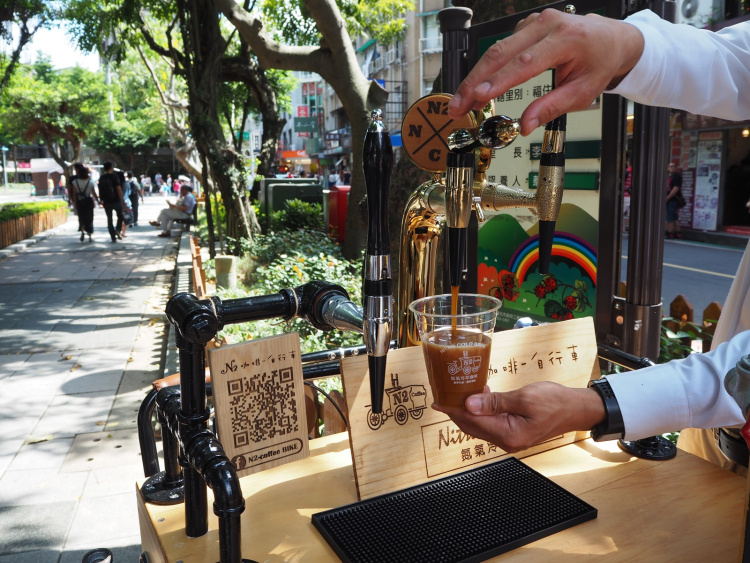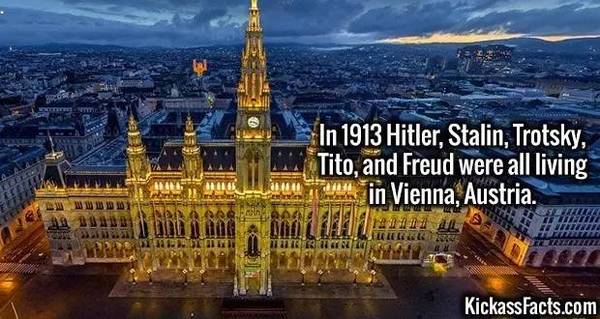People with hearing impairment become "silent baristas" who order in the store "just do it, don't talk".
Professional barista communication, please pay attention to coffee workshop (Weixin Official Accounts cafe_style )

Zhang Bihong at Work
"A cappuccino with milk." Yesterday afternoon, a young woman hurried into Le Cafe, located beside the golden beach of Sun Lake, and ordered from the waiter.
Zhang Bihong pointed to her ear and waved her hand in embarrassment. She then pointed to a sign on the workbench."I can't hear well. What can I get you?"
A few minutes later, the woman left with a strong coffee and said goodbye to Zhang Bihong with her newly learned sign language.
The reporter learned that Le Coffee has 5 stores in Ningbo and 10 full-time hearing impaired baristas, who are called "silent baristas". Seventy percent of the profits from the store will be used for skills training and entrepreneurship support for the disabled.
Quiet cafe,"hands do not move"
High and bright space, fresh and elegant layout, the left is the golden beach of the sun lake, the front is the beautiful sun lake.
Le Coffee is located in the corner of Space 5 of the Public Service Center. At two o'clock in the afternoon on weekdays, Zhang Bihong began to get busy, tidying up, baking snacks, waiting for customers to come to the door... If you pay close attention, you will find that this shop is different from ordinary coffee shops. For example, there are several signs on the counter similar to "We can do anything but listen" to remind customers that they can order through the "point" menu or handwritten form; for example, there are sign signs such as "latte" and "thank you" on the wall; for example, the store does not play music like other cafes.
Each customer is a veritable "a la carte"-ordering drinks and desserts by pointing to the menu. If you need to remove ice, sugar, milk, etc., you need to write it down on paper and pen.
Zhang Bihong loved to smile. When she smiled, the corners of her eyes and mouth were raised upwards. She was very sweet. Between work, she used typing to "chat" with reporters.
"I'm 26 years old this year. My friends call me Honghong." Red congenital deafness, hearing disability class 1. She describes herself as "grown up suffering." Because of the difficult family conditions, she is particularly sensible, less than 16 years old began to work out to reduce the pressure on her parents.
Like many young girls, Honghong also loves coffee, likes to smell coffee, and dreams of being a barista. However, because of his ears, he did not consider working in a coffee shop in the past. Last year, a friend introduced her to a coffee shop that recruited hearing-impaired employees. Honghong was very interested after listening to it and came to Le Coffee with a try mentality. More than two months later, she officially became a full-time barista and began to take the lead in the shop.
Usually, she works in shifts with another deaf barista, and every two coffee shops have an able-bodied manager.
There have been grievances, more moved
It is rare to find coffee shops where hearing impaired baristas make coffee and serve customers. Without verbal communication, it was indeed inconvenient at first.
Ding Xuke, head of the No.5 space operator, said that Le Coffee was positioned as a "social enterprise" without special emphasis on public welfare attributes, and did not specifically explain that the clerk had hearing impairment at the beginning. At the beginning of the opening, there was often a scene: the barista was busy with his back to the counter, and the customer came in and said,"Give me a latte." But the barista couldn't hear or see it.
Honghong once met a female customer in her 30s. After ordering a potted latte, she wanted to change to another coffee. She waited for a long time. There are other customers in line behind, red than gesture explanation, female customers are very impatient, has been moving mouth to say, but red and inaudible. Finally, red paper pen wrote "I am deaf" to explain, the customer showed a very surprised expression, immediately wrote "sorry".
Honghong said that when it first opened, many people didn't know that the barista in the store had hearing impairment and had some minor grievances. Later, the store specially made some hand-painted signs to inform customers, never encountered similar things.
"The guests who come and go every day are very kind to us. I often write thank you on paper. Some of my regular customers come to me to learn sign language. That's the happiest thing I've ever had." Red told reporters.
In the public comment, there are also many netizens warm messages. "Service personnel listen to the world with a smile, although they can't hear it, but the smile is very warm";"Sign language, let us be equal." The waiter can't hear you, can't say it, but it can make you feel another kind of warmth. The world is full of things. What are the difficulties you encounter? Work hard to live!"
Ding Xuke said that as a social enterprise, 70% of Le Coffee's profits will be used for skills training and entrepreneurship support for the disabled."We hope to provide free training to interested hearing impaired people as much as possible and train more silent baristas." If the store employees have entrepreneurial intentions, we will also provide financial and technical assistance."
Ningbo City disabled labor employment service center staff said: Le coffee such operation mode is very special, in the form of enterprise operation, but also do public welfare and charity. Free training is provided to the disabled, and employment opportunities are provided to them as well as to able-bodied people. At the same time, the profits are mainly used to help the disabled.
Important Notice :
前街咖啡 FrontStreet Coffee has moved to new addredd:
FrontStreet Coffee Address: 315,Donghua East Road,GuangZhou
Tel:020 38364473
- Prev

How does cold coffee, which is favored by Starbucks, change the coffee business?
Professional baristas follow the coffee shop (Wechat official account cafe_style). The summer season is crucial for any company associated with beverages. Gregorys Coffee, a cafe in New York, has been monitoring temperature changes since May, gradually changing menus. Usually 75% of the coffee in this shop is hot and 25% is cold. To the hottest
- Next

The Didu Cafe in 913 and the late-night Goose Meat Shop after the rainstorm
The exchange of professional baristas please follow the many twists and turns in the fate of the coffee workshop (Wechat official account cafe_style), which looks like a coincidence in the future. Read an old report by BBC in 2013. The title of the article is: in 1913, Hitler, Trotsky, Tito, Freud and Stalin were all here. Vienna a century ago, the capital of the Austro-Hungarian Empire
Related
- What documents do you need to go through to open a coffee shop? coffee shop coffee shop certificate processing process
- How to purchase Coffee beans in small Cafe how to choose a suitable supplier for domestic Coffee supply Company
- How to drink Starbucks Fragrance White Coffee? how to make Australian White Coffee? what Italian coffee beans are recommended?
- The Story of Flora Coffee: the name of Flora Coffee Bean and the implication of the Flowers on Florna Coffee
- How much does a cup of coffee cost? How much is the profit of a cup of coffee? What is the profit of the coffee shop in a year?
- Yunnan small Coffee, known as "fragrant Coffee", introduces the characteristics of Alpine Arabica Coffee producing areas in Yunnan, China
- 2023 latest Starbucks full menu price list how much is a cup of Starbucks coffee what is better to drink the most popular hot and cold drinks recommended
- Starbucks different kinds of Coffee Price list Starbucks menu 2023 Top Ten Best drinks in Starbucks
- Starbucks Spring praise Comprehensive matching Coffee Bean theme Story Packaging implication and taste description
- The cost of a cup of coffee latte American coffee cost price and selling price

